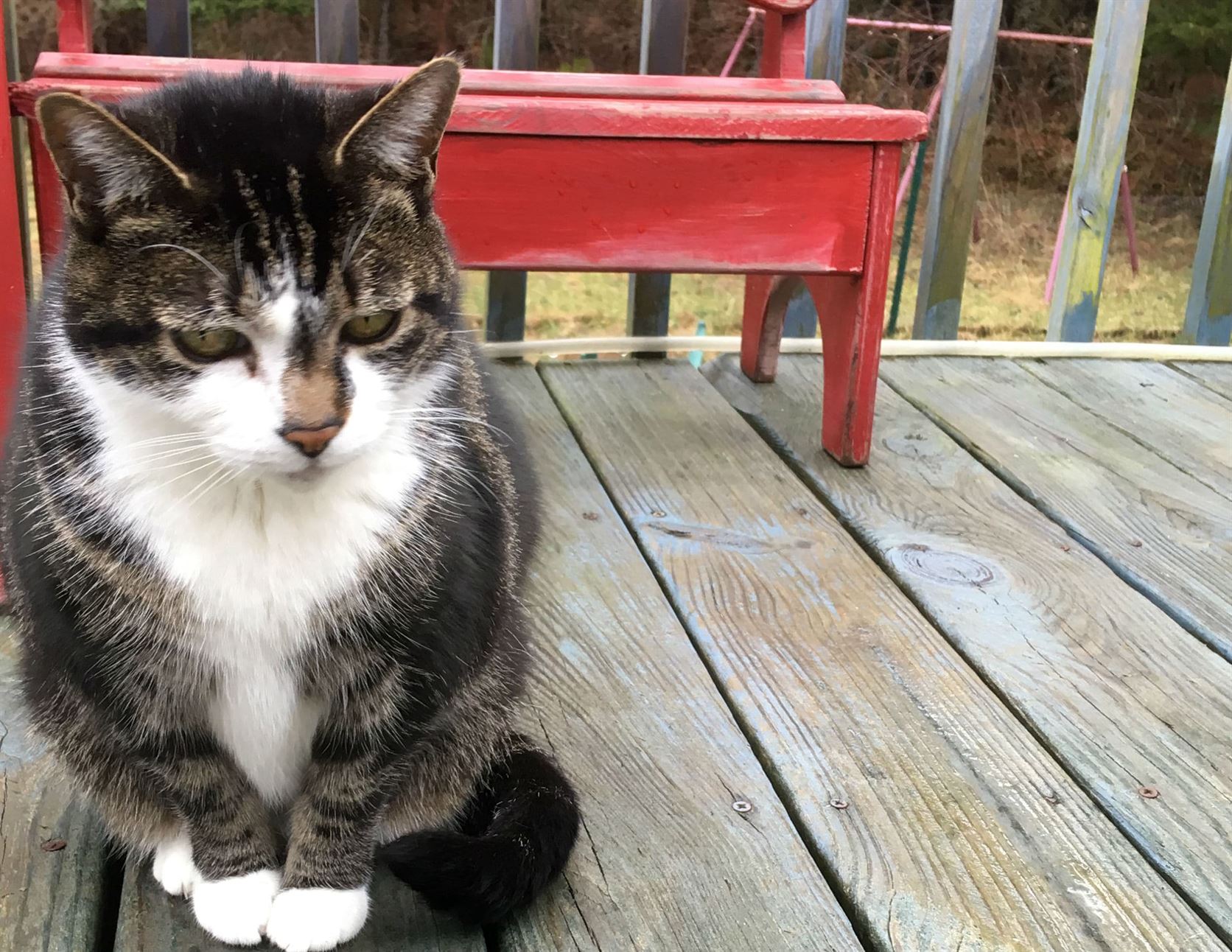It is heard all the time: “Oh, I love animals!” Then why do you continue to eat them, watch them through cages for entertainment, test products you use on them and/or wear them?
Most Americans are fine with eating cheeseburgers and not thinking about where they come from. They also get upset when they find out dogs are eaten in China but are okay with eating a cow or pig. These animals are all intelligent animals that can bond and play games with humans, so why are we choosing to harm any of them?
Most people are unaware of what goes on in industrial farming. Animals are kept in tight confinement with little light and are often sick because they are trapped in their own feces. The amount of resources and waste from this industry also contribute to pollution and climate change.
If your eggs say “cage-free” on the package, the chickens may not be in cages, but the U.S. Department of Agriculture has no space requirement. The animals may only have a foot of space to roam. If the eggs say “free-range,” the chickens can go outside and roam, but there is no time regulation. Nonetheless, this may mean a few minutes a day until they are squished back into their coup.
One standard in factory farms is that male chicks are ground up alive or thrown into the trash because they serve no purpose. Female cows are continuously raped to produce milk. They are kept confined and attached to machines after which they still wind up in the slaughterhouse.
The list goes on and for more detailed pictures in your head, look at the documentaries “Food Inc.,” “Earthlings” or “Cowspiracy.” While documentaries can be one-sided, there is no doubt of the horrors that go on in the industry after viewing some of those.
“But animals taste good!” Sure, bacon might be tasty, but acknowledging that you could help animals by not exploiting them because you love them is better.
This may be a challenge or unrealistic if you live in a food desert or poverty. However, beans and locally sourced fruits and vegetables are cheap, do not contain animals and provide essential nutrients. There is no need to eat tofu or expensive fake meat if you cannot afford it.
It is not easy to change culture, but it is easy to live in ignorance. No one is perfect, but if you claim to love animals, maybe you actually want to do more for them?
What you can do to start “loving animals” is stop eating them and their byproducts or at least participate in Meatless Mondays to begin with. As mentioned, the factory farming industry is terrible.
You can stop going to zoos, where animals are kept in cages with poor conditions and support sanctuaries instead. But even so, research the sanctuaries you do support because they may be just as awful as a zoo.
“Adopt don’t shop.” Why would you support an industry that continues to cruelly breed animals for business when you could adopt some of the helpless animals found in shelters?
Last but not least, do not buy or support companies like Ugg that use sheep wool and skin for their boots or L’Oreal who test their products on animals. There is no need to wear animals or use makeup that tests on them with all of the other resources and technology we have developed. There are plenty of lists online that show where to shop cruelty free.
It would be nearly impossible to make all of these steps overnight, but making strides to educate yourself and start gradual change is important. Remember that love is not just mental but physical. If you love animals as much as you say, show it by rejecting actions that harm them.



